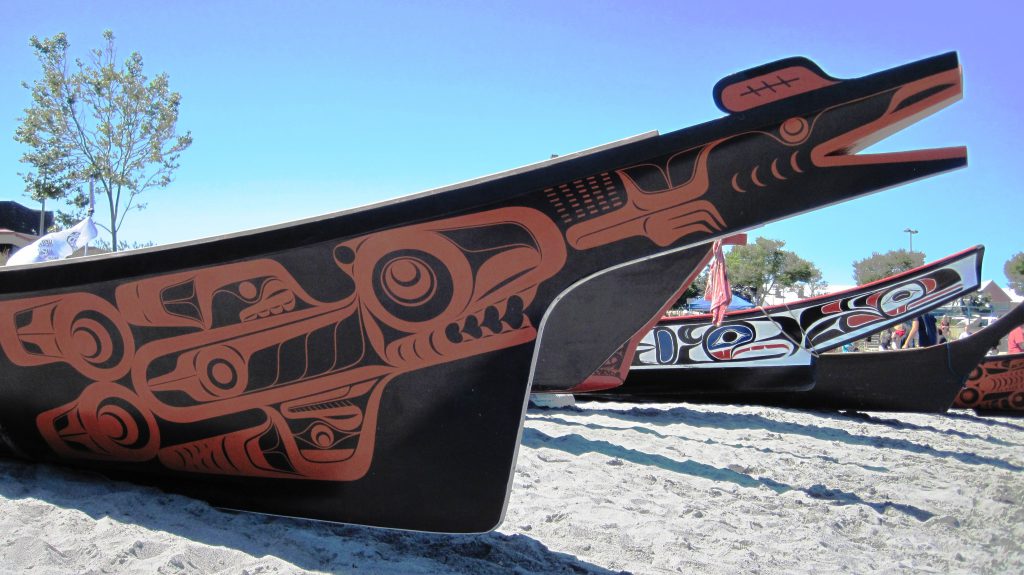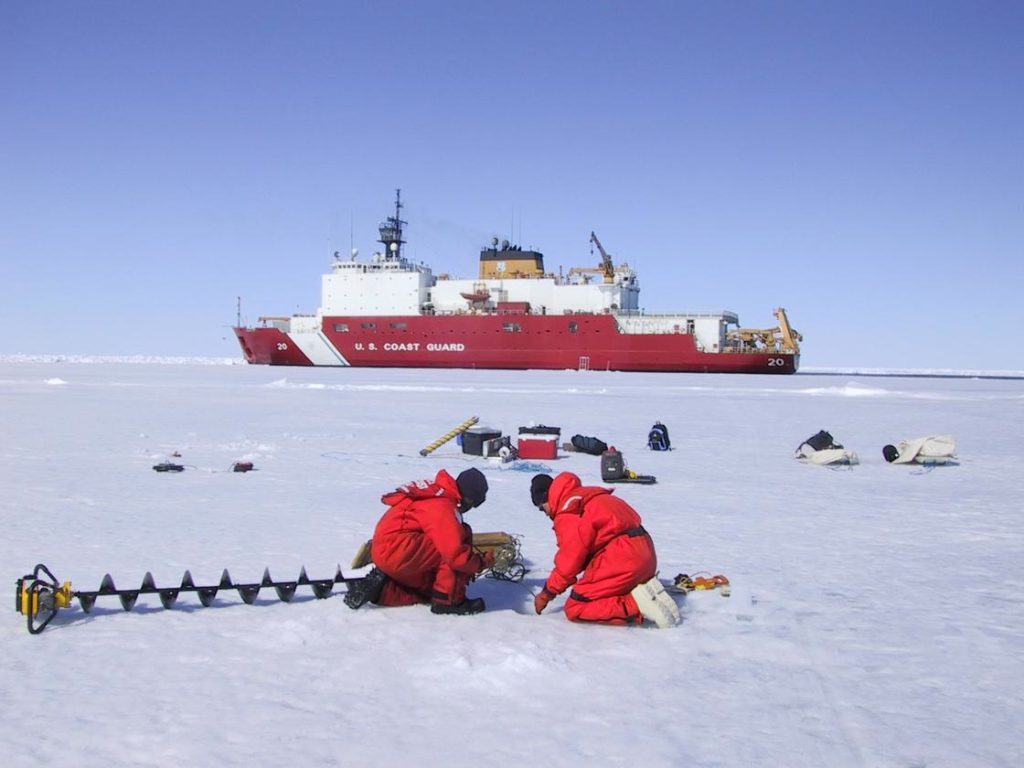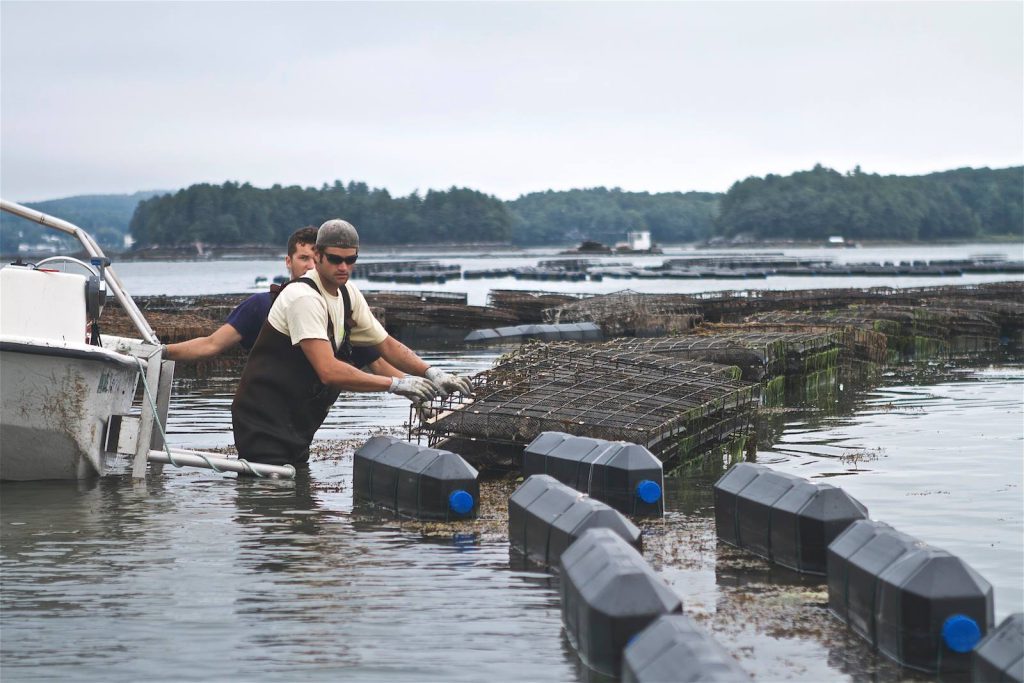Bless your coast: communicating acidification with lessons learned in the Southeast
Communicating ocean acidification can challenge scientists and educators given the complexity of the chemistry and the often-intangible nature of its impacts. While global ocean acidification describes the changes to water chemistry from atmospheric carbon dioxide, coastal acidification also factors in land-use change, eutrophication and other coastal processes. The Southeast Ocean and Coastal Acidification Network and the Ocean Conservancy have worked together to communicate acidification with industry, government, resource management and scientific stakeholders in the U.S. Southeast. In this webinar, we will discuss methods and opportunities to communicate coastal acidification with lessons learned from stakeholder concerns and outreach in the U.S. Southeast.
| Presented by: Leslie Wickes, Southeast Ocean & Coastal Acidification Network & Ryan Ono, The Ocean Conservancy
|
|
|
Bless your coast: communicating acidification with lessons learned in the Southeast Read More »






